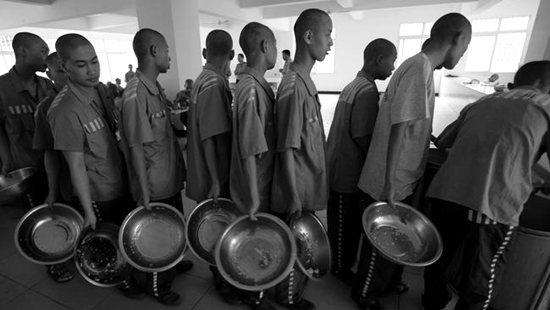
In a recent post, I mentioned only a part of the nightmare being caused or reauthorized by a provision of Hong Kong’s new National Security Law.
Hong Kong Secretary for Justice Paul Lam Ting-kwok has underscored the fact that under the new National Security Law, somebody who learns that another person has committed what the Chinese state calls “treason” and fails to report this to the authorities can himself be imprisoned for up to 14 years for failing to make this report.
Priests, pastors, penitents, and others who value the traditional privacy and inviolability of the confessional are shocked that not even this venue of discourse will be safe from the Chinese and Hong Kong state’s prying eyes and elastic definitions of terms like “national security” and “treason.”
But the more fundamental and wider problem is that under such a law everyone everywhere in Hong Kong, in every social context, runs the risk of being imprisoned for “treason” and failure to report “treason.”
Gladys Kwok reports that Benedict Rogers, a cofounder of Hong Kong Watch, and others recently signed a statement to protest “the proposed violation of the confessional privilege and of freedom of religion or belief.”
According to the statement:
To force a priest to reveal what has been said in Confession, against his will and conscience and in total violation of the privacy of the individual confessing, is a total violation of Article 18 of the Universal Declaration of Human Rights….
More broadly, the proposed new security law, being introduced on top of the National Security Law imposed on Hong Kong by the National People’s Congress in Beijing on 1 July, 2020, carries with it very serious implications for basic human rights, fundamental freedoms, the rule of law and Hong Kong’s autonomy.
In particular, vague provisions within the law stretch “national security” concepts to breaking point and open the potential for politically-motivated prosecutions under illegitimate “national security” grounds….
The proposed legislation criminalizes as “sedition” any attempt to advocate for legislative changes or criticize the People’s Republic of China and, where these activities are conducted by foreign NGOs, “external interference.”
The trial of Apple Daily founder Jimmy Lai has already demonstrated how innocuous text exchanges with foreign journalists can count as evidence of courting “foreign interference” in Hong Kong.
Freedom of belief—or, more exactly, of expression of belief—is the most general characterization of what is being violated and made illegal. Or of what was already illegal but is now to be really really illegal. The crime of uttering “treasonous” belief can get you and your listener in trouble wherever you happen to be in Hong Kong. Even if you don’t report each other, some passerby may report you. Or the state may be monitoring the conversation.
Is being incarcerated for 14 years because of a “treasonous” thought expressed to you in your home, in texts, on the phone, or on the street somehow morally better than being incarcerated for 14 years because of a “treasonous” thought expressed to you in a confessional? No. Nor is the latter somehow morally worse.





